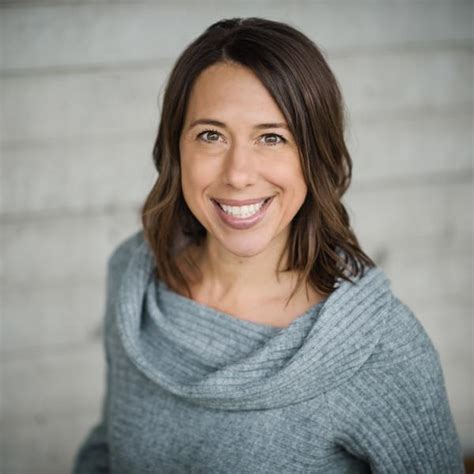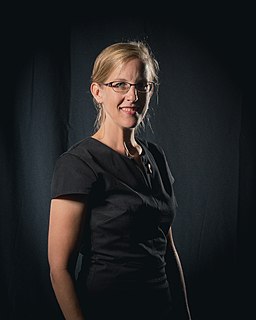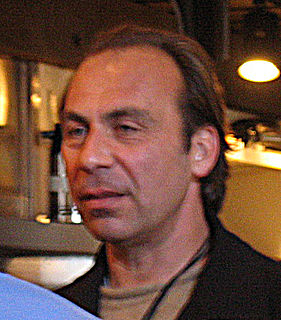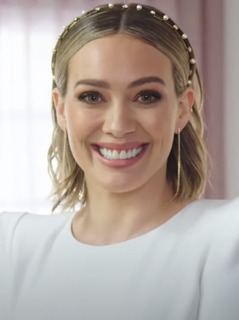A Quote by Deborah Reber
I'd worked on a series of Chicken Soup for the Teenage Soul books called The Real Deal for HCI books, which featured essays and poems from teens.Finding the right authors for the series has been no easy feat, mostly because I'm looking for a perfect blend of a teen girl with an interesting story or hook, fantastic writing talent, and the confidence to commit to writing a 30,000+ word book in a matter of months. It's a huge commitment and I recognize that, so the fit has to be there from all these different angles.
Quote Topics
Angles
Authors
Because
Been
Blend
Book
Books
Chicken
Chicken Soup
Commit
Commitment
Confidence
Deal
Different
Different Angles
Easy
Essays
Fantastic
Feat
Featured
Finding
Fit
Girl
Hook
Huge
Interesting
Looking
Matter
Months
Mostly
Perfect
Poems
Real
Real Deal
Recognize
Right
Series
Soul
Soup
Story
Talent
Teen
Teenage
Teens
Which
Word
Worked
Writing
Related Quotes
In my own writing, I've mostly abandoned end-rhyme, but wordplay is still a huge part of my process. I've written a series of mermaid poems in the last few years. The first one was called "The Straightforward Mermaid" which arose from my delight in that word combination. After that, I decided that future mermaid poems would have to be words ending in "d" or "t," which led to "The Deadbeat Mermaid," "The Morbid Mermaid" and so forth . . .
There are many important books on oral history. My book was the launch title in the Understanding Qualitative Research series with Oxford University Press. I think what makes my book and all of the series books unique is the emphasis on writing instruction for researchers who want to use the method being described.
How do you remember everything from different books when you are still writing the HP series? As obsessive fans will tell you, I do slip up! Several classrooms move floors mysteriously between books and these are the least serious continuity errors! Most of the fansites will point you in the direction of my mistakes. But the essentials remain consistent from book to book because the story has been plotted for a long time and it is clear in my mind.
The young adult literature is relatively new - it just kind of exploded in the 2000s. When I grew up, there weren't bookstores with sections dedicated to teen lit, nor was my generation raised reading books written specifically for us. Because of that, today we still think of books for teens as children's books and so when you write a book that includes sensitive topics, it just seems even more controversial. What's troubling to me about that is these are issues adults know that teens deal with. Not writing about them makes them something we don't, or can't talk about.
Book sales and teens reading is always a fantastic thing, but we should also be celebrating and consuming the huge wealth of U.K. and U.K.-based writing and illustrating talent. Authors such as Charlie Higson, Darren Shan, Holly Smale, Tanya Byrne, Catherine Johnson, Sophie Mckenzie, to name but a few.
I was a top-notch cartoon model for Hanna Barbera, and they made me into a cartoon series called 'Devlin,' which ran for seven years, and I was on lunch pails and coloring books and all of that. It's really interesting being a coloring book when you're young - most kids colored in coloring books, but I made money off coloring books.
I've published over 100 books - and that is divided about 50/50 adult and young adult. Lately, I have been writing more YA, which is such a great genre to write it. I don't have a favourite (I usually say it's the last book I've written), but certain books do stick in the mind. My very first YA novel, The Children of Lir, will always be special to me, and, of course The Alchemyst because it was a series I'd wanted to write for ages.
Once I'd worked out that I couldn't possibly expect people to enjoy a monstrous, 3000-page book, I realised I could in fact create a labyrinth of a story with four different points of entry. But what interested me was creating something that would rearrange itself every time you read one of the other books. So depending on which order you read them, the implications and angles would change. To get that right, each one of the books had to have its own personality and texture -- even though they are connected, they are very different creatures.






































